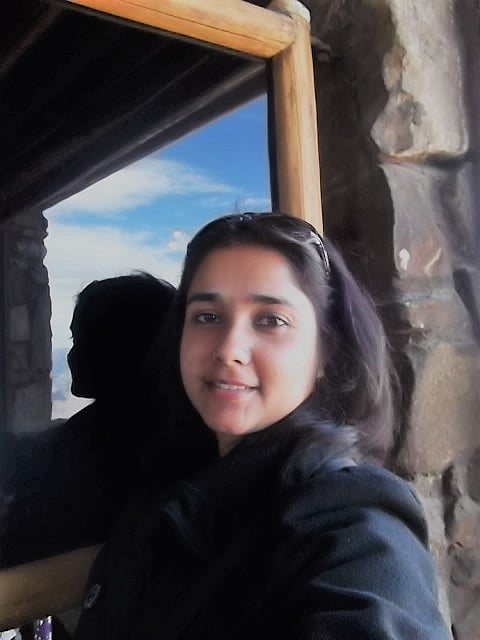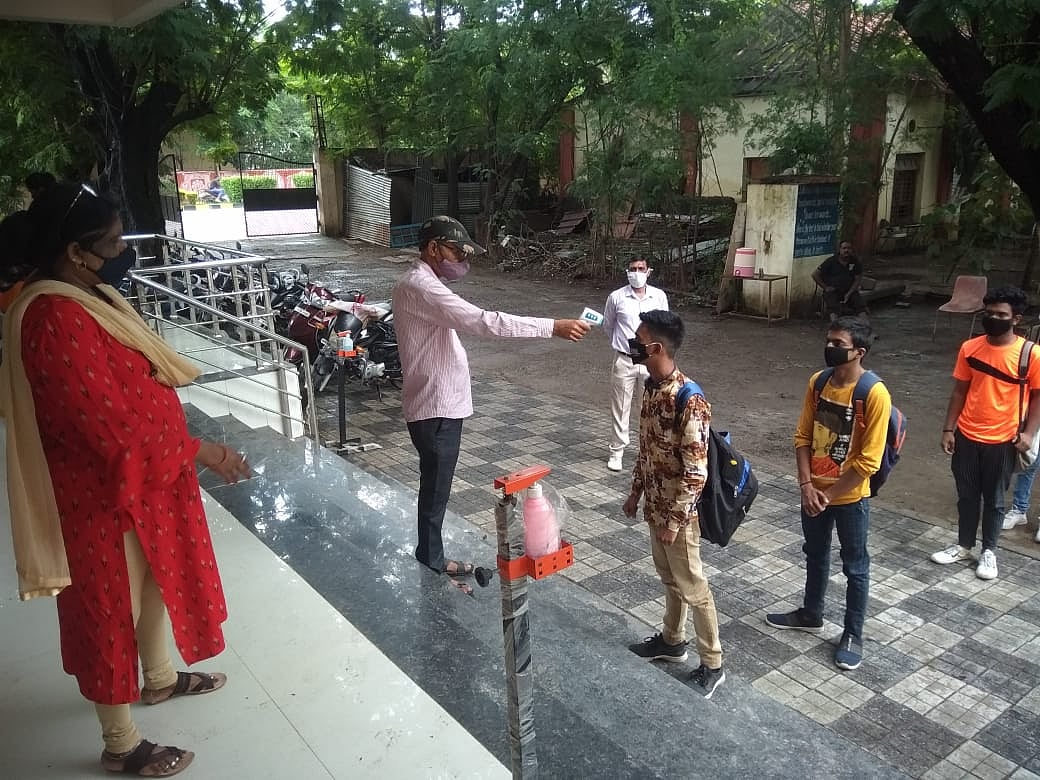Indore (Madhya Pradesh): A faculty member of Indian Institute of Technology Indore represented South Asia at Stanford University in ‘Exploring Humanities Pedagogies: Conversations, Commonalities, and Connections’- a conference organized by Humanities Pedagogy Collective on July 15.
“The conference attended by Ananya Ghoshal, assistant professor of English, aimed to connect educators, scholars, and contributors across disciplines and explore new teaching pedagogies for the Humanities in the 21st century in a post-pandemic world,” IIT Indore said in a press release issued on Monday.
Along with Stanford University, more than 25 major universities, schools, and colleges also participated, including Princeton University, National Humanities Alliance (NHA, Washington), University of California Berkeley, Uppsala University, and the University of Toronto.
Hailing Ghoshal, IIT Indore officiating director Prof Neelesh Kumar Jain said that such global representation of the institute speaks about the richness of experience and research of the faculty members.
Ghoshal was a panellist for both the opening and the closing plenaries of the conference and presented a talk on “Integrating Eco Cinema, and the Digital Anthropocene in Education: New Temporalities and Creative Responses.”
Drawing upon her experiences of teaching IIT Indore undergraduate classrooms as a case study, she emphasised the vital importance of cinema as a tool to understanding the Anthropocene. She noted that ecologically informed humanistic scholarship is not yet well established across classrooms and advocated a shift in humanities curricula beyond the purely theoretical and towards earth-based, grounded, inclusive approaches.
Her objective was to meaningfully translate human-environmental issues into active interventions for change through outreach, participation, education, and organization.
She also opined that classrooms must also be reoriented to respond to the most pressing challenges of the day, such as climate change.







